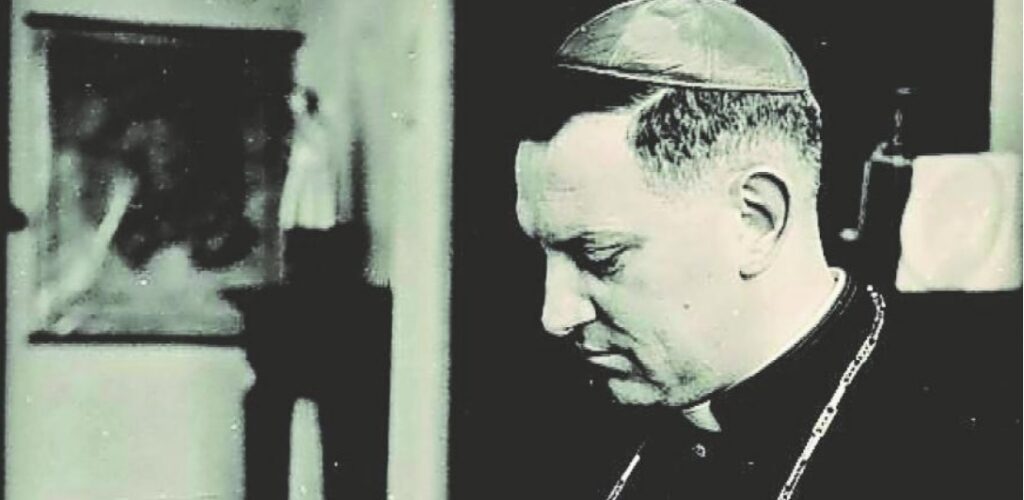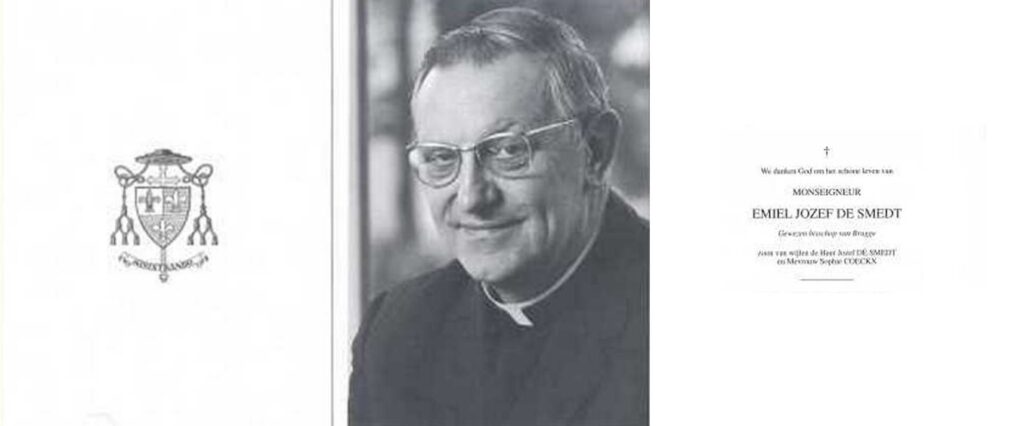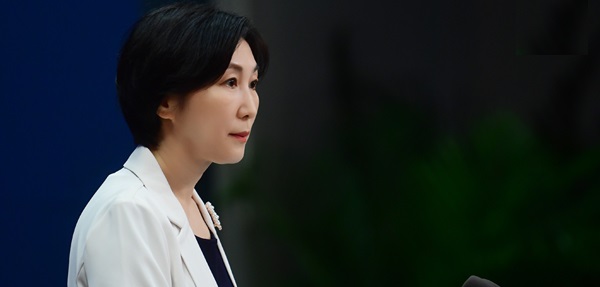Cardinal Walter Brandmüller laments Pope Francis' gag order for the cardinals who are supposed to advise him.
By Roberto de Mattei*
There is a relationship between grace and nature analogous to that between faith and reason. There is an imbalance when there is faith without reason or grace without nature and vice versa, but the perfect balance is not in putting these realities on an equal footing. On the contrary, it consists in bringing them into their legitimate order, subordinating nature to grace, of which the former is the premise, just as the premise of faith is the reason, but which is subordinate to faith.
This helps us understand what "spirit of faith" or "supernatural spirit" means, depending on whether we are referring to the primacy of faith over reason or grace over nature. It means not renouncing the indispensable role of reason and nature, but seeing everything through the eyes of faith and expecting even the impossible from the work of grace.
Today that spirit of faith has been lost in the Christian people, beginning with their church leaders. The spirit of faith and the supernatural has been replaced by the political spirit with which Christians claim to understand and intervene in reality through reason alone, without resorting to the decisive action of grace.
Pope Francis has repeatedly recalled that the true reformers of the Church are the saints, yet his approach to the world's great issues always appears political and therefore "worldly" rather than "supernatural" and moved by a spirit of faith. This “political” approach dominated the recent consistory, held August 29-30th in the Vatican in the presence of some 180 cardinals, which missed a great opportunity to address the serious problems afflicting the Church today. The focus of the meeting of the cardinals was officially the reform of the Curia, which is contained in the new Apostolic Constitution Praedicate Evangelium being proposed, but the Pope has prevented the cardinals from expressing themselves in joint session on this and other subjects, as it were, he muzzled them.
The consistory is a meeting of the pope with the cardinals, who according to the code of canon law (canons 349-359) are his first advisers. For at least seven years, Pope Francis has not allowed the cardinals to speak and express their opinions at this solemn gathering. Everyone had expected this to happen at the end of the August meeting, but the consistory was fragmented into language groups at the behest of the pope, paralyzing the cardinals and preventing the open and direct dialogue that last took place in February 2014.
We are reminded of this truth by an important cardinal and great historian, Cardinal Walter Brandmüller, whose voice, which was not allowed to be heard in the consistory hall, echoes outside the hall. The Vaticanist Sandro Magister has allowed us to get to know them by publishing the speech that the cardinal had prepared but was not allowed to deliver.
Cardinal Brandmüller recalls in his document the function of cardinals anchored in canon law, which in ancient times found its symbolic expression in the rite of the "aperitio oris", the opening of the mouth. A rite, the cardinal explained, which “meant the duty to speak openly one's convictions, one's advice, especially in consistory. This openness – Pope Francis speaks of 'parrhesía' – was particularly important to the Apostle Paul. At the moment, unfortunately, that openness has been replaced by a strange silence. The other ceremony of closing the mouth, which followed the 'aperitio oris', referred not to truths of faith and morals, but to official secrets”.
"Today, however," Cardinal Brandmüller added, "we should emphasize the right, indeed the duty, of cardinals to speak clearly and frankly, especially when dealing with the truths of faith and morals, the 'bonum commune' of the Church. The experiences of the last few years have been very different. In the consistories - which were convened almost exclusively for the canonization processes - cards were distributed to ask for the floor and of course spontaneous interventions followed on any subject, and that was it. There was never a debate, an exchange of arguments on any particular subject. Apparently a completely useless procedure", although the primacy of the Successor of Peter in no way "precludes a fraternal dialogue with the cardinals, who are obliged to cooperate conscientiously with the pope” (can. 356). The more serious and urgent the problems of pastoral leadership, the more necessary is the involvement of the College of Cardinals”.
The cardinal, who is a Church historian, continues:
“When Celestine V wanted to renounce the papacy in 1294, recognizing the special circumstances of his election, he did so after intensive discussions and with the consent of his electors. A completely different view of the relationship between pope and cardinals was represented by Benedict XVI, who - a unique case in history - renounced the papal office for personal reasons without the knowledge of the college of cardinals that elected him. There were only 70 electors until Paul VI, who increased the number of electors to 120. This increase in the size of the electoral college, almost doubling it, was motivated by an intention to conform to the hierarchy of lands far from Rome and to honor those churches with the Roman purple. The inevitable consequence was that cardinals were installed who had no experience with the Roman Curia and thus with the problems of the pastoral leadership of the universal Church. All of this has serious consequences when these cardinals from the periphery are called to elect a new pope.”
Currently, it is like this:
“(...) many, if not the majority, of the voters do not know each other. Yet they are there to elect the Pope, one of them. It is obvious that this situation makes it easier for operations of cardinal groups or classes to favor one of their candidates. In this situation one cannot rule out the danger of simony in its various forms.”
The Cardinal's document concludes with a suggestion:
"Finally, it seems to me that the idea of restricting voting rights in the conclave, for example, to cardinals resident in Rome deserves serious consideration, while the other cardinals could share the 'status' of cardinals above octogenarian."
These are clear, unmistakable words that should make the entire College of Cardinals think.
Pope Francis' refusal to give the floor to the cardinals stems from the political and secular perspective of his pontificate. He fears that free and open discussion will weaken the exercise of his power, unaware that the truth can never harm the Church and the souls subject to Her. The spirit of faith, which is opposed to the spirit of politics, consists precisely in seeking in all things what is highest and most sublime, what is best for the glory of God and the good of souls, always looking to the commandments of the Gospel.
The alternative is between the truth of the Gospel and the power of the world. Proclaiming the truth of the Gospel does not mean talking about immigration or the climate emergency, but about the novissima- Death, Judgment, Heaven and Hell - and the divine providence that governs all events of the created universe. Preaching the Gospel means using the voice of the Church to condemn sin, especially public sin, foremostly abortion and LGBT doctrines, which the world considers “civil rights achievements”. It means speaking of holiness and not of synodality, because it is from holiness and not from political mechanisms that the necessary reform (renewal) proceeds within the Church: a renewal of the people who form Her and not of Her divine ones and immutable constitution.
A cloak of silence has now fallen over the consistory. And the silence of those who should speak is the greatest punishment our Lord can inflict on His Church.
* Roberto de Mattei , historian, father of five children, professor of modern history and history of Christianity at the European University of Rome, chairman of the Lepanto Foundation, author of numerous books, most recently in German [Possibly English] translation: Defense of Tradition: The Insurmountable Truth of Christ, with a foreword by Martin Mosebach, Altötting 2017 and The Second Vatican Council. A Hitherto Unwritten Story, 2nd ext. Edition, Bobingen 2011.
Books by Prof. Roberto de Mattei in German translation and books by Martin Mosebach are from our partner bookshop..
Translation: Giuseppe Nardi
Image : Corrispondenza Romana
Trans: Tancred vekron99@hotmail.com
AMDG







